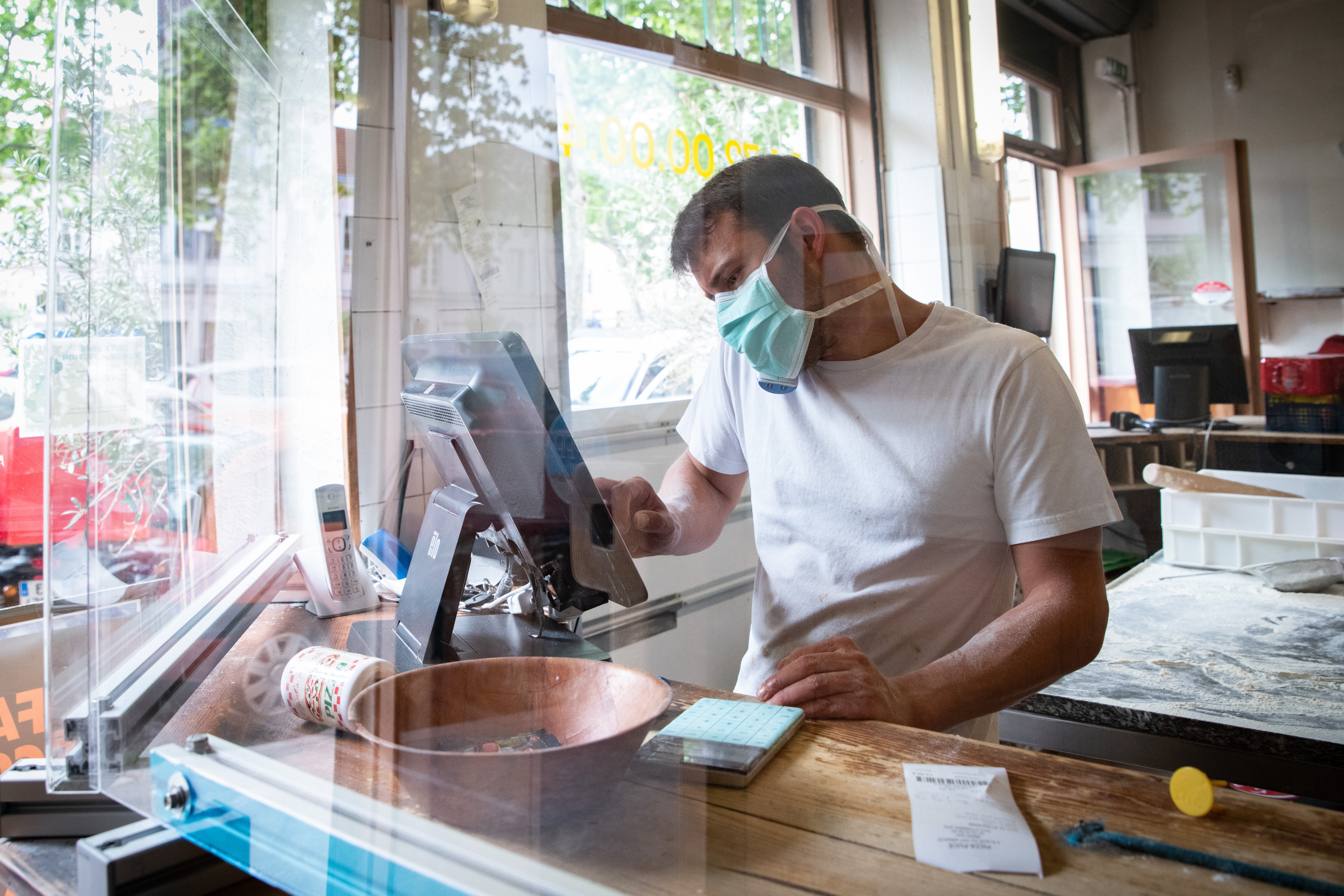Wake-up call: What are employers’ responsibilities to their teams during coronavirus?
The guidance to ensure workplaces are Covid-secure isn’t statutory, but ignoring it can still lead to huge fines. Clare Davis sets out the rules
Covid-19 has triggered unprecedented and profound challenges for employers. As hospitality businesses emerge from lockdown, they are faced with navigating government guidance on making their premises Covid-secure and ensuring they provide a safe workplace.
The law
Employers have a duty to take reasonable care of employees and take steps to ensure their safety at work. This means providing a safe system of work and ensuring the physical and mental health of employees is considered. The duty cannot be delegated, so businesses cannot pass the risk to their health and safety advisers.
Expert advice
The latest government guidance for the industry is reasonably prescriptive. While it may not have statutory force, these guidelines are the minimum steps employers should take to fulfil their existing legal obligations.
Understanding whether employees are at heightened risk in the pandemic is vital. However, there may be a risk of discrimination claims if this is used against the employee. Employers should not play at being medical experts, but instead ask employees (with input from their GPs) to inform the business if they are at heightened risk, to guide decisions on their return to work and any adjustments required. Where necessary, input from occupational health will help employers show they have taken reasonable precautionary steps.
Employers should not play at being medical experts, but instead ask employees to inform the business if they are at heightened risk
It is critical that a Covid-19 risk assessment is conducted on-site and in line with Health and Safety Executive (HSE) guidance, and to make it available for employees to read. This should address both the physical risks associated with the pandemic, as well as the potential impact on employees’ mental health.
Armed with the risk assessment, employers should then consider steps to maintain social distancing, which should be two metres where possible or one-metre-plus with risk mitigation. This can be facilitated with physical adjustments, such as reconfiguring back of house and front of house, as well as technological developments to minimise contact, like contactless time and attendance systems. Where possible, staff could work in ‘bubbles’ with a limited number of colleagues and adjusted shifts. The government does not advocate use of PPE, but employers could allow employees to wear it.
It is vital businesses listen to any concerns raised by employees. Employees must not suffer any detriment and are protected from being dismissed for raising concerns, and have further protection as whistle-blowers.
Beware
Reputational risk is not the only thing at stake. Businesses can face prosecution by the HSE as well as claims from employees. Any companies prosecuted by the HSE are publicly named in the HSE database and fines can be unlimited. Prosecution means up to two years imprisonment and unlimited fines.
Claims from an employee could include detriment or unfair dismissal for raising health and safety concerns or making a protected disclosure. Compensation is uncapped if an individual succeeds in a claim for unfair dismissal based on making a protected disclosure. Employees could also seek to bring claims for personal injury or negligence.
To-do checklist
There are seven simple actions employers should consider ahead of reopening.
- Complete risk assessments in line with HSE guidance.
- Consider social distancing implementation by: a) assessing maximum capacity of the premises; b) reconfiguring space, accounting for pinch points and busy areas; and c) using technology where possible to minimise social contact.
- Consider shift structures and limiting teams to create bubbles.
- Understand who considers themselves to be at risk and implement adjustments.
- Enhance cleaning of premises, especially high-risk areas, such as common touchpoints and where food is prepared.
- Consider how staff will travel to and from work, and provide additional parking or bicycle racks if possible.
- Listen and carefully consider any health and safety concerns raised by employees.
Contact
Clare Davis is a senior associate at Charles Russell Speechlys LLP
Photo: Shutterstock

















